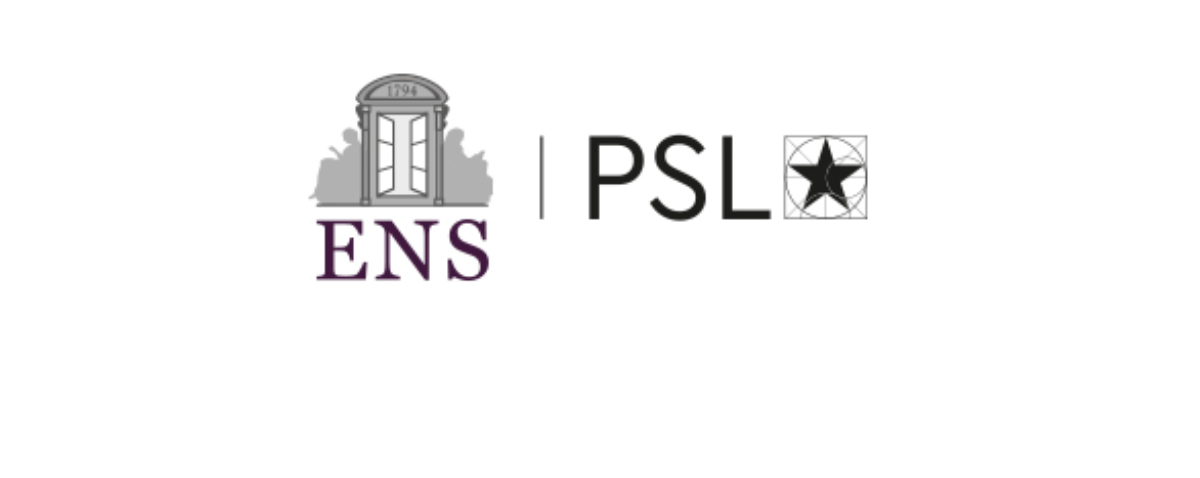École normale supérieure

Paris
The Ecole normale supérieure was founded in 1794 during the French Revolution. Very early on, the Ecole normale supérieure became the place where top-level research was carried out in France, such as in Louis Pasteur’s laboratory. lt also trained renowned intellectuals, such as Jean-Paul Sartre, Michel Foucault, Simone Weil, Paul Sabatier, Alfred Kastler, Pierre-Gilles de Gennes, etc and entire generations of high-level officials and ministers among whom Jean Jaurès, Léon Blum and President Georges Pompidou. Today, ENS is at the same time a French « grande école » and a full member of a research university offering as such graduate and PhD programs (graduate school) as well as top-level research centres that continue to exemplify academic excellence, consistently producing laureates and scholars of international acclaim. The ENS has been supported by the Fondation de l’ENS since its creation in 1986. The Foundation encourages progress in higher education and research, as well as the development of the ENS, in order to meet the scientific and societal challenges of the 21st century, thanks to donations from ENS alumni and friends. In the United States, the Fondation de l’ENS is supported by Friends of ENS (which is a publicly-supported charitable organization under Section 501(c)(3) of the US Internal Revenue Code).
The ENS wants to be diverse, attracting and welcoming all talents. Inclusive ness is therefore at the heart of the ENS’s project, in and through its training and research missions. Students are mainly recruited by means of various competitive exams in the humanities and sciences, with an admission rate less than 5%. In addition, ENS recruits foreign students by means of a specific exam, offering 20 international fellowships every year. Each student benefits from individual tutoring and develops his or her own personal study program, encouraging interdisciplinarity. Studying at the ENS means taking an active role in its education. Opening up to the world through an internship or a stay abroad, having an experience outside the ENS in an association or NGO are all opportunities that enable students to become the actors of tomorrow.
